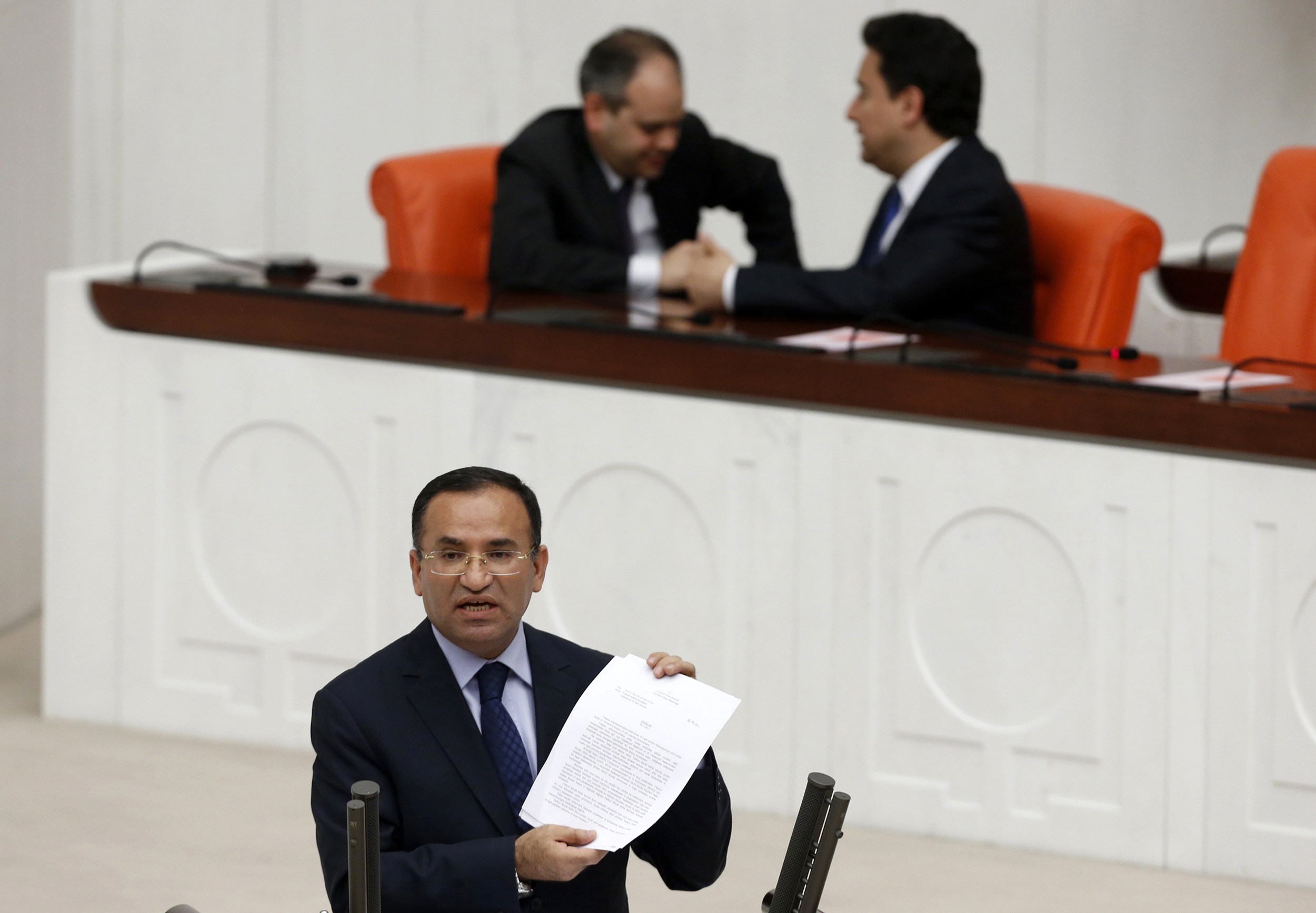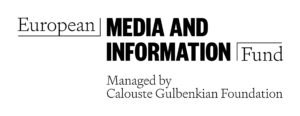Turkey says it expects more extraditions from Sweden
Sweden denies deny sheltering militants but has pledged to cooperate with Ankara to fully address its security concerns and also to lift arms embargoes.

ANKARA — Sweden’s extradition to Turkey last week of a Kurdish man with alleged terrorism links is a “good start,” but Stockholm needs to do more before Ankara can approve its NATO membership, Turkish Justice Minister Bekir Bozdag said on Monday.
Sweden on Friday deported Turkish citizen Mahmut Tat, who had sought asylum in Sweden in 2015 after being sentenced in Turkey to six years and 10 months in jail for alleged links to the outlawed Kurdistan Workers’ Party (PKK).
“This is a good start from Sweden that shows their sincerity and goodwill. We hope new (extraditions) will follow in line with this sincerity,” Bozdag said in a televised interview with state broadcaster TRT Haber.
However, he made clear that Turkey expected further moves from Stockholm before it could ratify Sweden’s NATO application.
“In line with the trilateral memorandum with Sweden and Finland, they should lift all (arms) embargoes on Turkey, change their legislation for the fight against terrorism, and extradite all terrorists that Turkey wants. All of these conditions should not be reduced to extraditions,” Bozdag said.
Sweden and Finland applied in May to join NATO in response to Russia’s invasion of Ukraine, but ran into objections from Turkey, which accused the two countries of harboring militants from the PKK and other groups.
Stockholm and Helsinki deny sheltering militants but have pledged to cooperate with Ankara to fully address its security concerns and also to lift arms embargoes.
NATO makes its decisions by consensus, meaning that the two Nordic nations require the approval of all 30 alliance member states. Only Turkey still stands opposed to their membership.
Reporting by Huseyin Hayatsever.
This article has been fact-checked by Arctic Today and Polar Research and Policy Initiative, with the support of the EMIF managed by the Calouste Gulbenkian Foundation.
Disclaimer: The sole responsibility for any content supported by the European Media and Information Fund lies with the author(s) and it may not necessarily reflect the positions of the EMIF and the Fund Partners, the Calouste Gulbenkian Foundation and the European University Institute.
